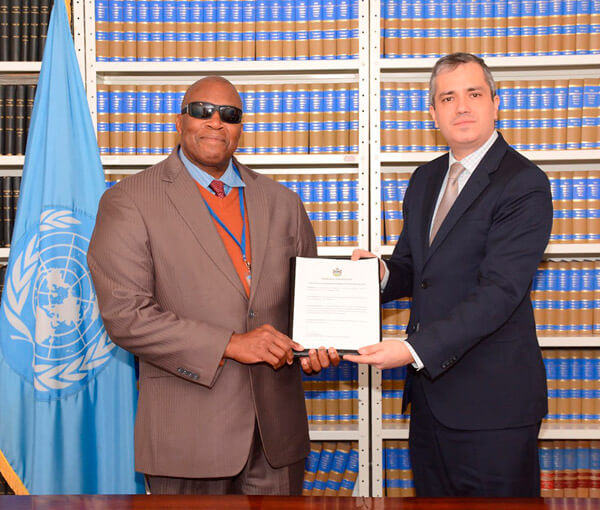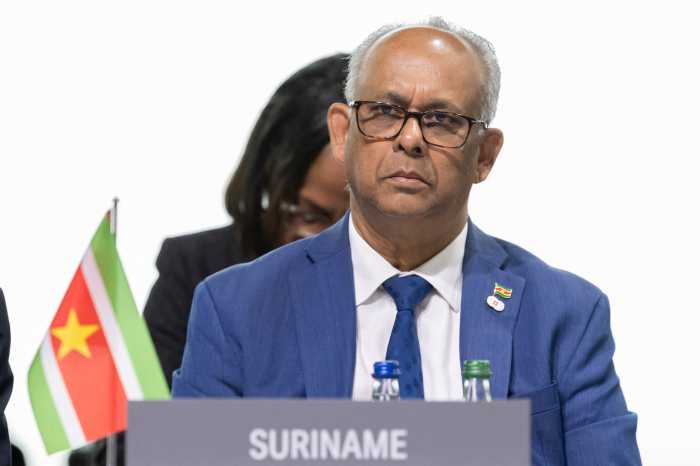Antigua says it has become the latest country to ratify the United Nations Convention on the Rights of Persons with Disabilities.
The treaty is widely regarded as the first international human rights treaty of the 21st century and “one of the fastest to be ratified,” according to an Antigua and Barbuda government statement issued in New York on Tuesday, Jan. 12.
“The 161st ratification is evidence of the commitment by the international community to promote and protect the human rights of persons with disabilities,” said Santiago Villapando on behalf of the Office of Legal Affairs for the Committee on the Rights of Persons with Disabilities (CRPD).
In a statement, Antigua and Barbuda Ambassador to the United Nations, Dr. Walton Aubrey Webson, said his country “considers this ratification an important step by a small-island state by agreeing to support and address the issues of persons with disabilities who are disproportionately represented among the world’s poorest, and lack equal access to basic resources such as education, employment, healthcare and legal support systems.”
Alluding to figures from the recent “World Report on Disability,” Webson added that “about 15 per cent of the world’s population lives with some form of disability, and those persons face physical, social, economic and attitudinal barriers that prevent them from effectively participating in society.”
The Convention was adopted by the UN General Assembly in 2006 in an effort to ensure that persons with disabilities enjoy the same human rights as everyone else.
The treaty sets out the obligations of States Parties to promote, protect and ensure the rights of all people with disabilities and promotes equal rights in all areas of life.
“A key message from persons with disabilities is that there should be ‘nothing about us without us,’” Webson said.


























